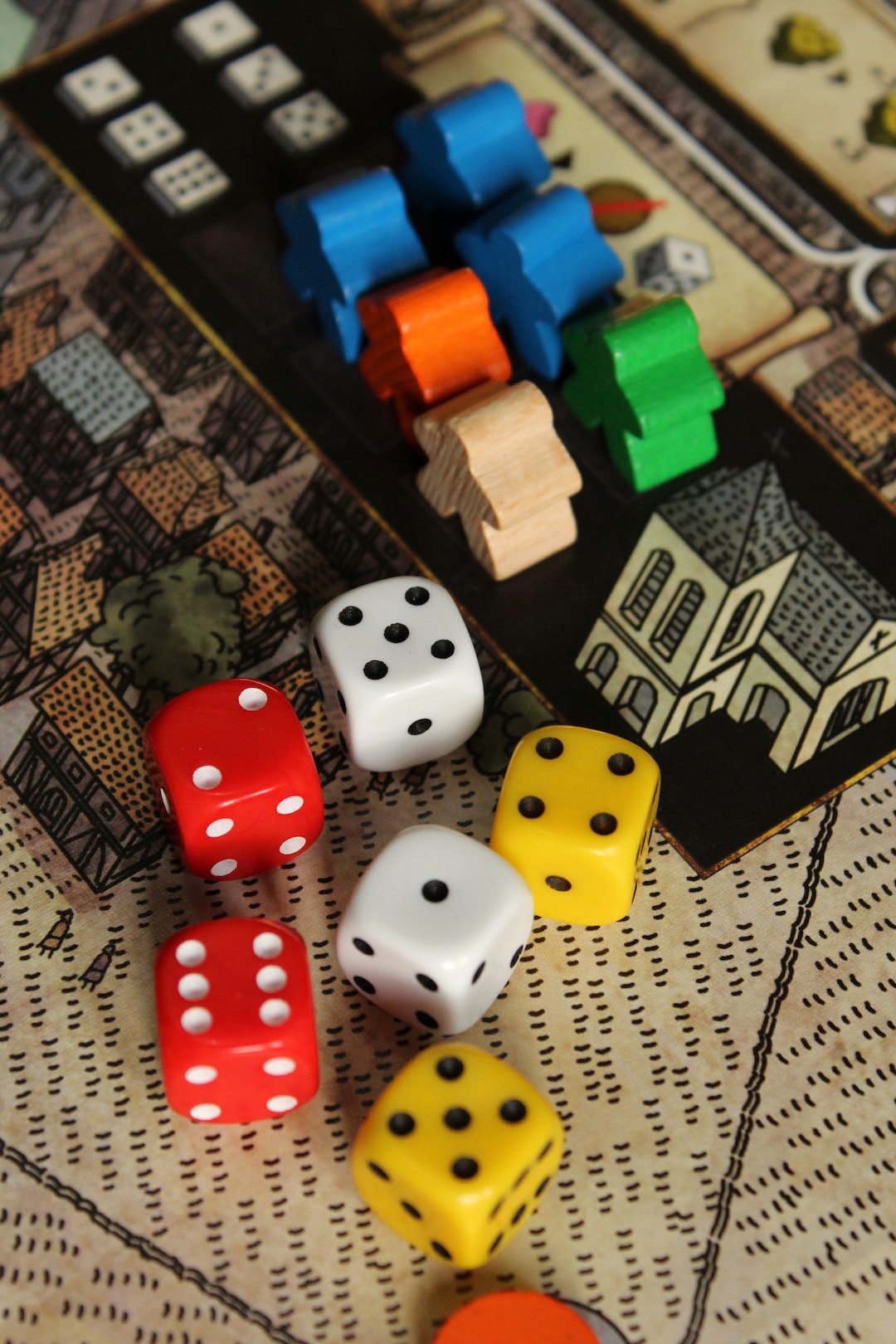The Effect of Multiplayer Games on Social Skills and Communication
In recent years, multiplayer games have seen a significant rise in popularity. These games, often played online, allow individuals from all over the world to connect and compete with each other in real-time. While some may argue that multiplayer games isolate individuals and hinder their social skills, others believe that these games actually enhance social interaction and communication. In this blog post, we will explore the impact of multiplayer games on social skills and communication.
Firstly, it is important to acknowledge the criticism that multiplayer games isolate individuals. Critics argue that spending excessive time engaging in these games can lead to social withdrawal and a lack of face-to-face interactions. While it is true that some individuals may become overly attached to their virtual worlds, it is crucial to recognize that multiplayer games can also foster social connections.
Multiplayer games provide a platform for individuals to meet and interact with people from diverse backgrounds and cultures. Through team-based gameplay and voice chat features, players learn how to collaborate, strategize, and communicate effectively to achieve common goals. These games encourage players to work together, which in turn builds camaraderie and fosters a sense of teamwork. These skills are transferable to real-life situations, such as group projects in school or collaborative work environments.
Additionally, multiplayer games offer players the opportunity to form friendships and communities. In-game guilds, clans, or alliances provide a space where individuals with similar interests can connect and communicate outside the game. These communities often have forums or chat servers where players exchange tips, discuss strategies, and engage in casual conversations. Through these interactions, players develop their social skills and establish meaningful connections with people they may have never met otherwise.
Moreover, multiplayer games often require players to engage in real-time communication during gameplay. Whether it is coordinating attacks in a first-person shooter game or strategizing in a role-playing game, effective communication is vital for success. Players must learn to convey their thoughts and ideas concisely and clearly, while also actively listening to their teammates. These games improve players’ ability to articulate their ideas, respond to feedback, and cooperate with others – important skills that extend beyond the virtual realm.
It is worth noting that multiplayer games are not without their downsides. It is possible for individuals to become overly competitive or even develop toxic behaviors, such as harassment or bullying. However, responsible gaming and the implementation of rules and regulations by game developers can help minimize these negative effects. Furthermore, it is the responsibility of parents, educators, and society to promote a balanced approach to gaming and encourage players to engage in a variety of activities that foster interpersonal skills.
The impact of multiplayer games on communication is not limited to verbal interactions. Many games also utilize non-verbal forms of communication, such as emotes, gestures, or quick chat options. These non-verbal cues allow players to express emotions, convey messages, and form virtual bonds without the use of spoken words. In this way, multiplayer games encourage players to be more visually attentive and develop an understanding of non-verbal communication cues in a digital context.
In conclusion, multiplayer games have a significant impact on social skills and communication. While critics may argue that these games isolate individuals, the reality is that they offer a unique environment where players can connect, collaborate, and communicate with people from around the world. Through teamwork, voice chat, and the formation of communities, players learn valuable skills that can be applied in real-life situations. However, it is important to approach multiplayer gaming responsibly and promote a healthy balance between virtual interactions and face-to-face communication. By embracing the positive aspects of multiplayer games, we can leverage their potential to enhance our social skills and improve our communication abilities.

